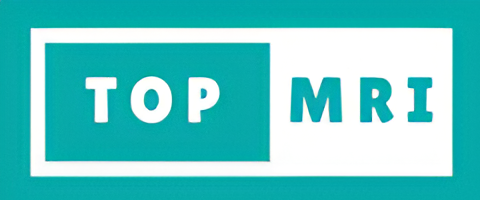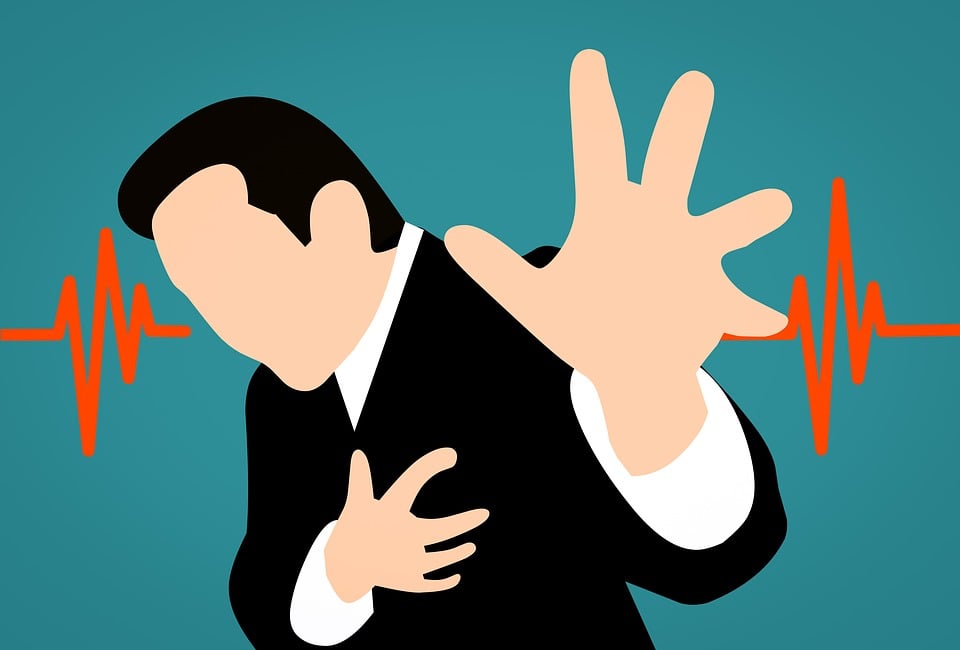
Cardiac MRI
Cardiac MRI
Cardiac MRI is performed to get detailed images of the structure within and around the heart. It is done to detect any cardiac disease present at the time of birth and those that develop after the birth. It studies the heart’s anatomy, pathology, and physiology. It does not use radiation and can be safe for pregnant women too. You should always inform the doctor:
- If you are pregnant/breastfeeding.
- If you have any device implanted in the body.
- If you have metal inside the body.
- If you are wearing any metallic object.
- It is a non-invasive test that shows whether the heart muscle is alive or dead and is used to calculate the patient’s ejection fraction.
- It helps to foretell how the heart will respond to coronary artery disease treatment.
Why is it done?
Doctors recommend Heart MRI if a person is at risk of heart failure or any heart problem. It is done to assess conditions like:
- Atherosclerosis
- Cardiomyopathy
- Congenital heart disease
- Heart failure
- Heart valve disease
- Coronary heart disease
- Damage from a heart attack
- Pericarditis
- Aneurysm
- Cardiac tumor
- Inherited heart condition

What are the advantages?
- It does not use radiation and is a non-invasive method.
- It can help to detect abnormalities that are hidden by a bone.
- It helps the doctors to detect the functioning and the structure of the heart.
- It helps to detect a broad range of conditions.
- It provides improved soft tissue definition.
- The images of the Cardiac MRI Scan (Heart MRI) are better than other imaging methods.
What are the limitations?
- There are weight limits on the scanner and a huge person may not be able to fit.
- The movement of the patient and the implants in the body can create difficulty in producing clear images.
- An irregular heartbeat may also affect the image quality.
- It is difficult to obtain detailed images of the coronary arteries and their branches.
- It costs more than other imaging methods and is time taking.
- It is not advised for patients who are severely injured.
What are the risks involved?
- There is a risk of having an allergic reaction to the dye.
- MRI contrast may affect asthma, anemia, low blood pressure, etc.
- There is a risk of using sedation in excess.
- The implanted devices may malfunction due to a strong magnetic field.
- Nephrogenic systemic fibrosis is a complication that may develop due to injection of contrast.
- Though there are no side effects but a small amount of gadolinium can remain in the brain.
Techniques –
- Dark blood imaging
- White blood imaging
- Inversion Recovery Sequences
- Flux Quantification Sequences
- Perfusion imaging
- Viability study
How to prepare for an MRI?
Inform the doctor if you have any allergies.
- Inform the doctor if you have claustrophobia (have anxiety issues).
- Inform the doctor if you are pregnant/breastfeeding.
- Follow the diet advised by the doctor a day before the MRI.
- Inform the doctor if you have any implanted devices in your body.
What happens after a heart MRI?
After the Heart MRI, you need to get up slowly to avoid dizziness and be able to drive back home safely. If you have taken any sedatives, you need to wait until the sedation is completely over. If contrast dye is used in the process, look for any reaction that it may lead to like itching, swelling, etc.
Contact the healthcare provider in case you notice any such symptoms. There is not any special diet after the procedure and you can go back to your usual lifestyle. The primary report may be available within a few days but an extensive report may be available within a week or two. The doctor will analyze the report and take the further procedure accordingly.
Sources –
https://www.nhlbi.nih.gov/health-topics/cardiac-mri
https://www.uchicagomedicine.org/conditions-services/heart-vascular/cardiovascular-imaging/cardiac-mri
https://www.hopkinsmedicine.org/health/treatment-tests-and-therapies/magnetic-resonance-imaging-mri-of-the-heart
https://www.healthline.com/health/heart-mri#uses
https://www.radiologyinfo.org/en/info/cardiacmr#:~:text=Cardiac%20magnetic%20resonance%20imaging%20(MRI,detect%20or%20monitor%20cardiac%20disease.